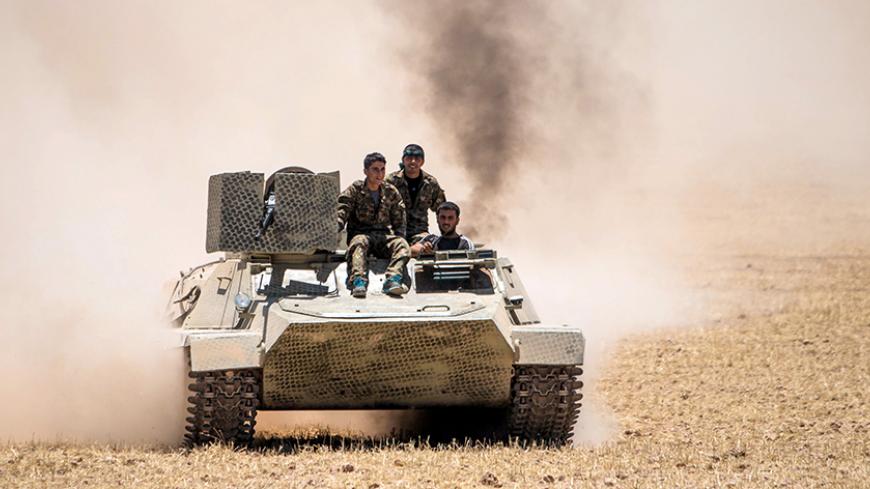Syrian Kurdish battlefield successes in the past month have reinforced Coalition efforts to liberate the Islamic State (IS) stronghold of Raqqa. Having expelled IS from safe havens in eastern Syria with Coalition military support, including the strategic border town of Tell Abyad, the Kurdish People’s Protection Units (YPG) are regarded as the only reliable and effective ground force to continue the momentum. Yet a deeper look into local dynamics challenges this narrative and raises concerns about strategic end-states. Most Sunni Arab populations may despise IS; however, they also oppose the YPG and its political wing, the Kurdish nationalist Democratic Union Party (PYD), and seek to prevent Syrian Kurds from moving forward into non-Kurdish territories. Any hopes for a Kurdish-led offensive without an effective local Arab partner will not only enhance support for IS and other radical groups, but will have a backlash on Kurdish populations and deepen ethnic, resource and territorial conflicts in Syria.
Liberating Raqqa is highly politicized and involves more than expelling IS from the region. One of the immediate aims of the Coalition and PYD is to cut IS’ supply route that is centered on Jarablus, which would leave IS with one remaining border point with Turkey at Araz. The PYD also seeks to rid all radical Islamist elements from the region beyond IS, to include the terrorist group Jabhat al-Nusra. A PYD-controlled Jarablus would link the Kurdish territories of Afrin and Kobani and create a Kurdish belt across 200 kilometers (124 miles) of border with Turkey.


